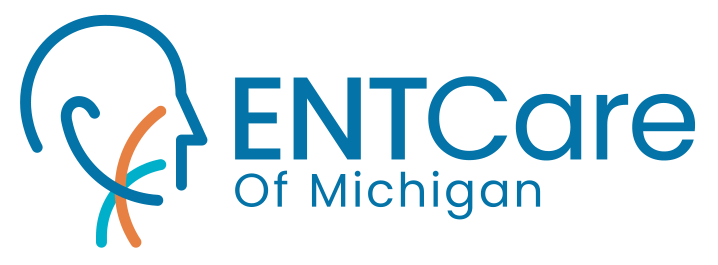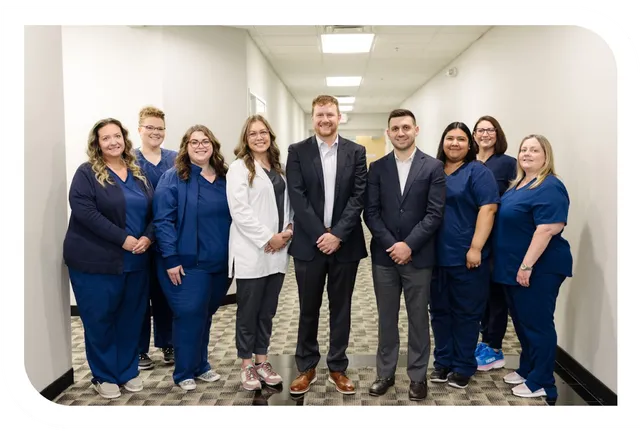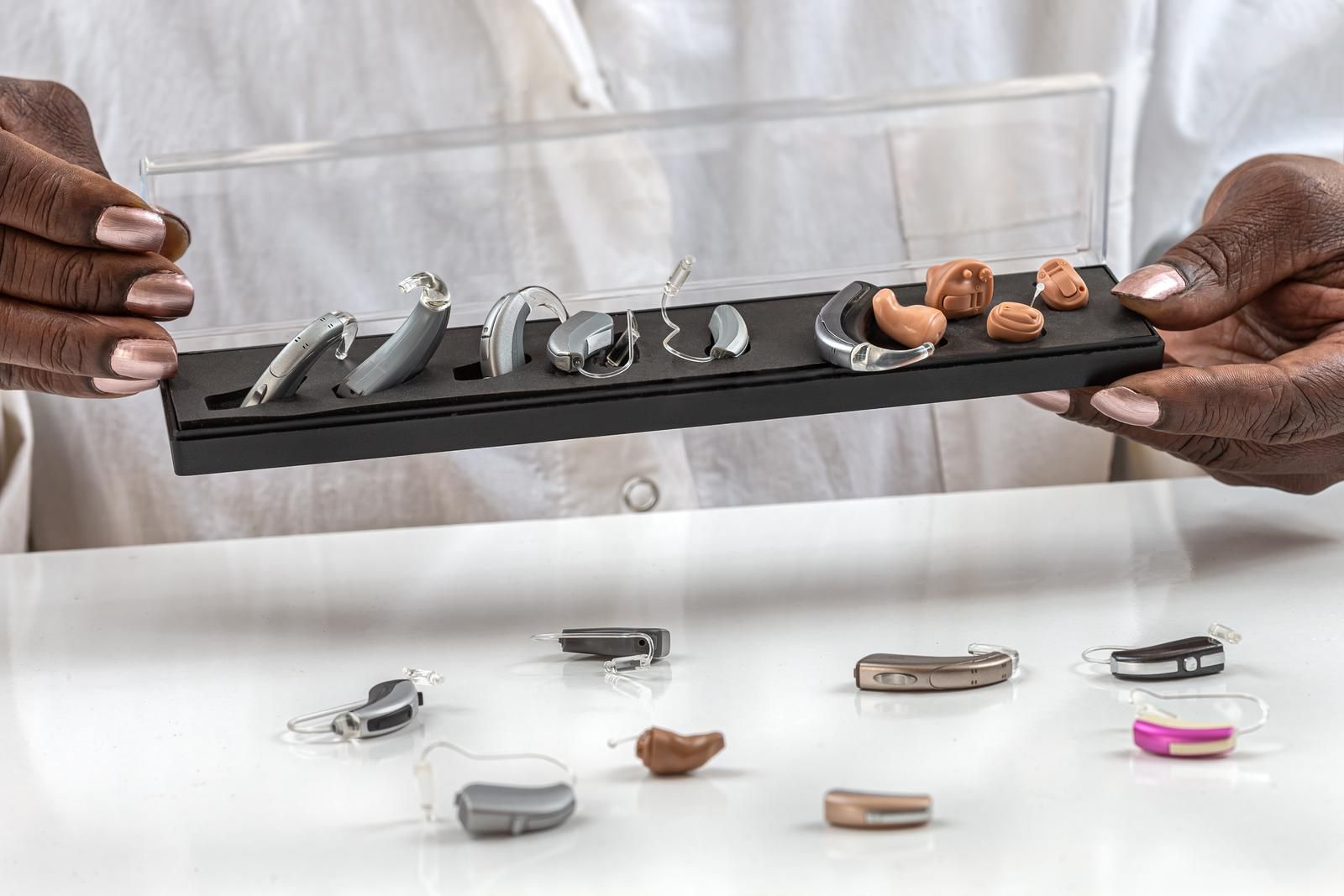Can Water Get Trapped in Your Sinuses?
If you’ve ever come up from a swim or a shower with that annoying feeling of water stuck in your sinuses, you’re not alone! But can water actually get trapped in your sinuses? Let’s explore this common question, understand the causes, and discuss some effective solutions.
What Are Sinuses, and How Do They Work?
Before we dive into the topic, let’s quickly clarify what sinuses are. Your sinuses are air-filled cavities located in your skull, specifically around your nose and forehead. They help with various functions, including humidifying the air you breathe, enhancing your voice, and protecting against pathogens. Normally, these cavities are filled with air, but factors like allergies, infections, and anatomical issues can lead to blockages. When everything is functioning properly, mucus drains out of your sinuses and into your nasal cavity.
Can Water Really Get Trapped in Your Sinuses?
Yes, water can get trapped in your sinuses, but it’s not as common as you might think. When you swim, take a shower, or even splash water on your face, water can enter your nasal passages. If the water doesn’t drain properly, it can create a sensation of fullness or pressure in your sinuses. This can be uncomfortable, but it typically resolves on its own as your body works to clear the water.
How Does Water Get Trapped?
Several factors can contribute to water getting trapped in your sinuses:
1. Nasal Anatomy: Everyone’s nasal passages are slightly different. Some people may have narrower passages or variations in sinus structure that can make it harder for water to drain.
2. Sinus Infections: When you have a sinus infection, or inflammation (sinusitis), your sinuses can become swollen and produce excess mucus. This swelling can obstruct proper drainage, making it challenging for water to flow out effectively.
3. Allergies: Allergic reactions can cause nasal congestion and swelling, which can also impede drainage and trap water in your sinuses.
4. Colds and Respiratory Infections: Similar to allergies and sinus infections, colds can lead to inflammation and blockage in your nasal passages.
Symptoms of Water Trapped in Your Sinuses
If you suspect that water is trapped in your sinuses, you may be experiencing symptoms such as:
- A feeling of fullness or pressure in your face
- Nasal congestion
- Mucus buildup
- A feeling of water sloshing in your sinuses (especially when bending over)
- Difficulty breathing through your nose
How to Alleviate Discomfort
If you’re feeling discomfort from trapped water in your sinuses, there are several methods you can try to help relieve the pressure:
1. Tilt Your Head: Sometimes, simply tilting your head to the side can help the water drain out. You can also try bending over to encourage drainage.
2. Nasal Irrigation: Using a saline nasal spray or a neti pot can help flush out excess mucus and any trapped water, providing relief from congestion.
3. Steam Inhalation: Breathing in steam from a hot shower or bowl of hot water can help open up your nasal passages and promote drainage.
4. Stay Hydrated: Drinking plenty of fluids can help thin mucus, making it easier for your sinuses to drain.
5. Consult an Ear, Nose, and Throat (ENT) Specialist: If you frequently experience trapped water in your sinuses or have ongoing discomfort, it may be time to consult with an otolaryngologist (ENT) provider. They can assess your symptoms and determine if there’s an underlying issue that needs to be addressed.
Experience Advanced ENT Care in Michigan
If you're struggling with persistent sinus drainage or other symptoms that just won't improve, don’t hesitate to reach out for help. The team at ENT Care of Michigan is here to provide relief for ear, nose, and throat issues throughout Greater Oakland County, including Waterford, Bloomfield Hills, West Bloomfield, Commerce, Clarkston, Troy, Birmingham, Auburn Hills, Lake Orion, Oxford, Rochester Hills, and Pontiac. With a solid reputation for delivering high-quality ENT services to both adults and children, you can trust them to address your concerns and improve your well-being.










